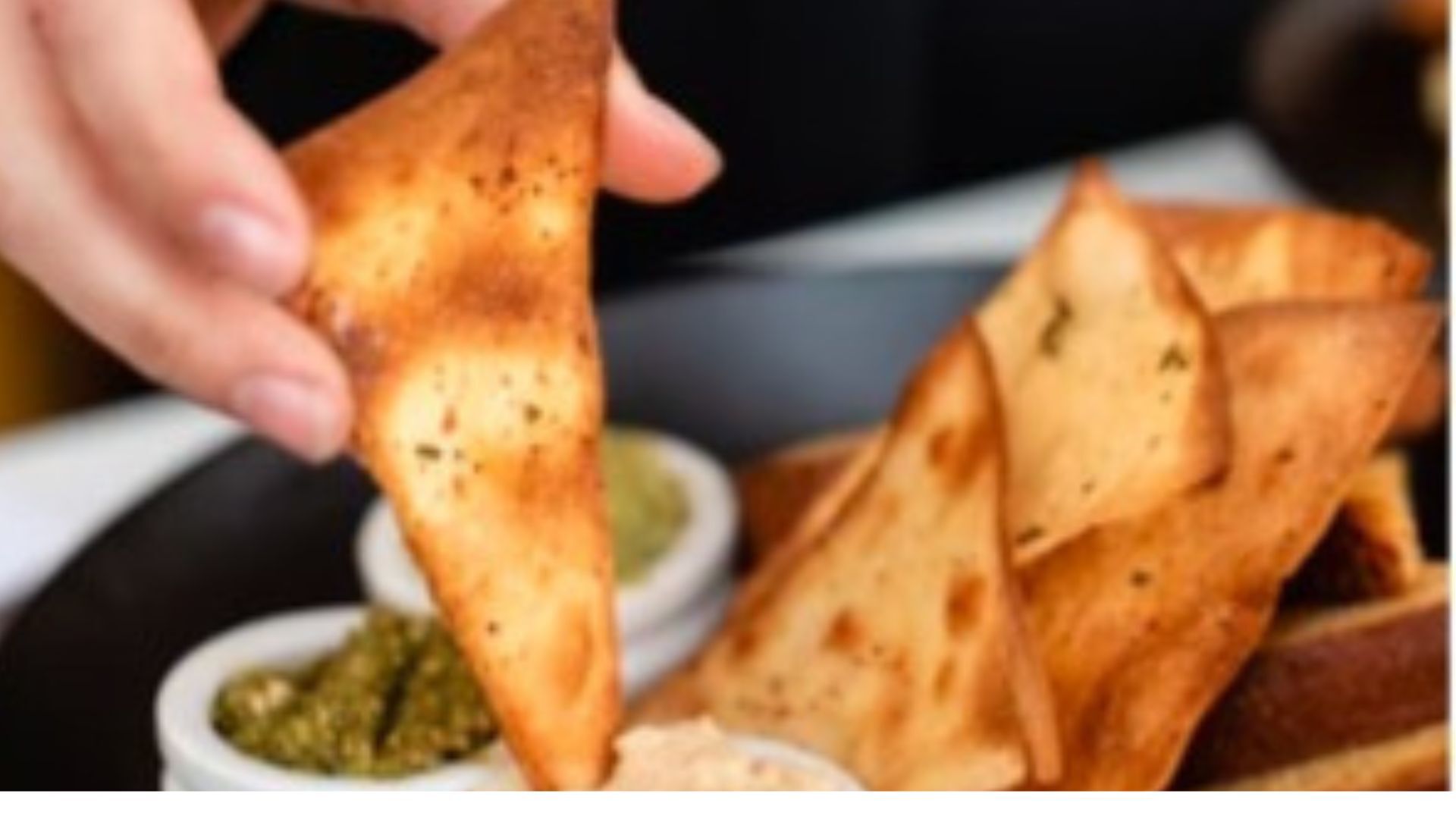Health
Nutritionists Encourage Healthier Snacking Habits for Better Energy

The perception of snacking as unhealthy is being challenged by nutritionists, who emphasize that smart snacking can be beneficial for maintaining energy levels and overall well-being. According to the Centers for Disease Control and Prevention (CDC), nearly everyone snacks at least once a day, suggesting that this behavior is not only common but can also be advantageous when approached thoughtfully.
Understanding the impact of timing and food choices is crucial. When individuals delay eating, their blood sugar levels can drop, leading to fatigue and increased hunger later on. To mitigate these effects, experts recommend opting for snacks rich in protein, fiber, and healthy fats. Examples include yogurt with berries or carrots paired with hummus. These nutrient-dense options help sustain energy and prevent the common afternoon slump.
Benefits of Smart Snacking
Research indicates that individuals who consume healthy snacks between meals report feeling more focused and satisfied throughout the day. A recent study found that good snacking habits can enhance concentration and overall mood. Smart snacking not only helps manage hunger but also supports digestive health. Foods high in fiber, such as fruits, nuts, and whole grains, contribute to gut health by promoting regular digestion.
Experts advise adults to aim for a daily fiber intake of 25 to 38 grams, and snacking can play a significant role in reaching this goal. For instance, a handful of almonds or a piece of fruit can provide a substantial portion of the recommended fiber.
Making Healthier Choices
As the dialogue around snacking evolves, individuals are encouraged to listen to their bodies and choose healthier options when hunger strikes between meals. Smart snacking should not be viewed as mindless eating but rather as an opportunity to nourish the body effectively. By prioritizing the right snacks, individuals can enhance their energy levels, concentration, and overall health.
In conclusion, the narrative surrounding snacking is shifting. Rather than being seen as a source of empty calories, snacking can be a strategic component of a healthy diet when done thoughtfully. With the right choices, snacking can contribute positively to one’s health and well-being.
-

 World4 months ago
World4 months agoTest Your Knowledge: Take the Herald’s Afternoon Quiz Today
-

 Sports4 months ago
Sports4 months agoPM Faces Backlash from Fans During Netball Trophy Ceremony
-

 Lifestyle4 months ago
Lifestyle4 months agoDunedin Designers Win Top Award at Hokonui Fashion Event
-

 Sports4 months ago
Sports4 months agoLiam Lawson Launches New Era for Racing Bulls with Strong Start
-

 Lifestyle4 months ago
Lifestyle4 months agoDisney Fan Reveals Dress Code Tips for Park Visitors
-

 Health4 months ago
Health4 months agoWalking Faster Offers Major Health Benefits for Older Adults
-

 World4 months ago
World4 months agoCoalition Forms to Preserve Māori Wards in Hawke’s Bay
-

 Entertainment4 months ago
Entertainment4 months agoExperience the Excitement of ‘Chief of War’ in Oʻahu
-

 Politics4 months ago
Politics4 months agoScots Rally with Humor and Music to Protest Trump’s Visit
-

 Top Stories4 months ago
Top Stories4 months agoUK and India Finalize Trade Deal to Boost Economic Ties
-

 World4 months ago
World4 months agoHuntly Begins Water Pipe Flushing to Resolve Brown Water Issue
-

 Science4 months ago
Science4 months agoNew Interactive Map Reveals Wairarapa Valley’s Geological Secrets









